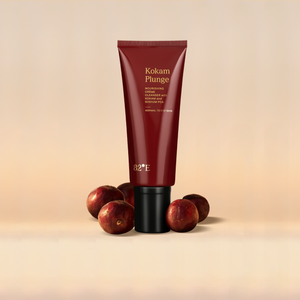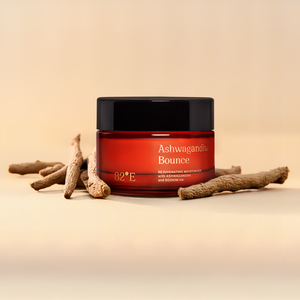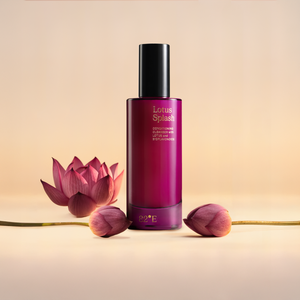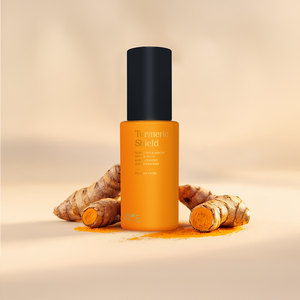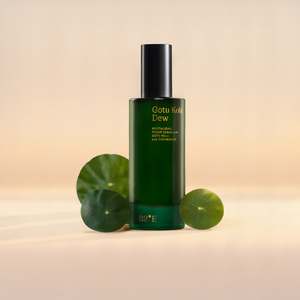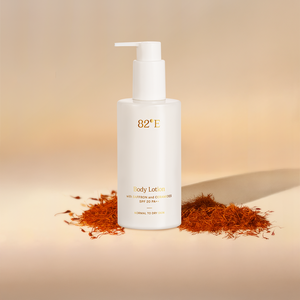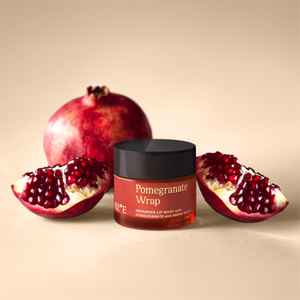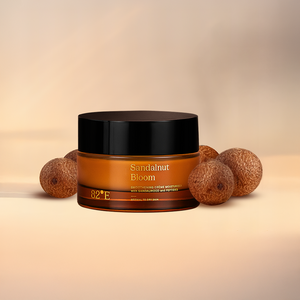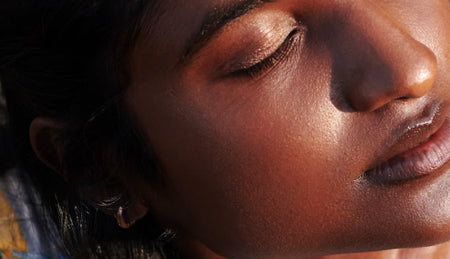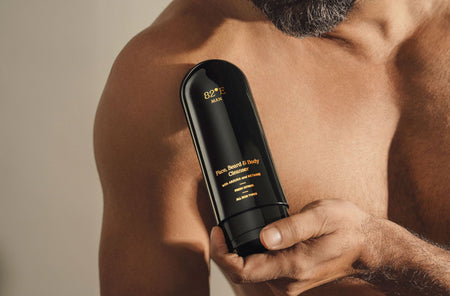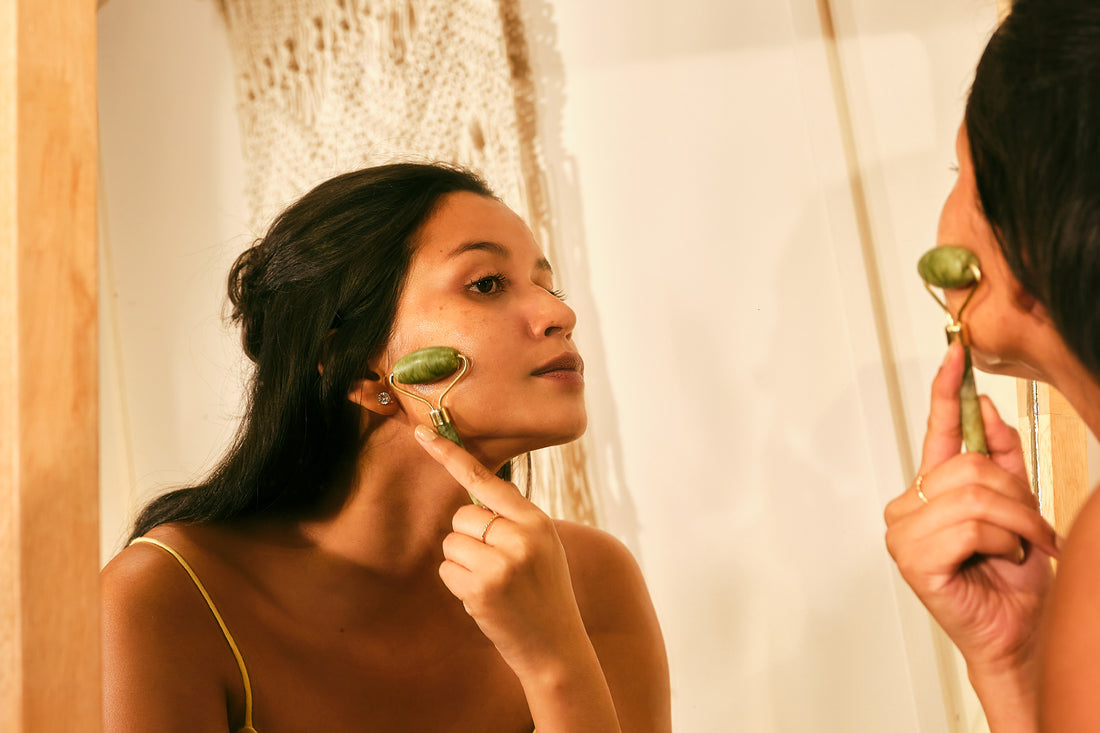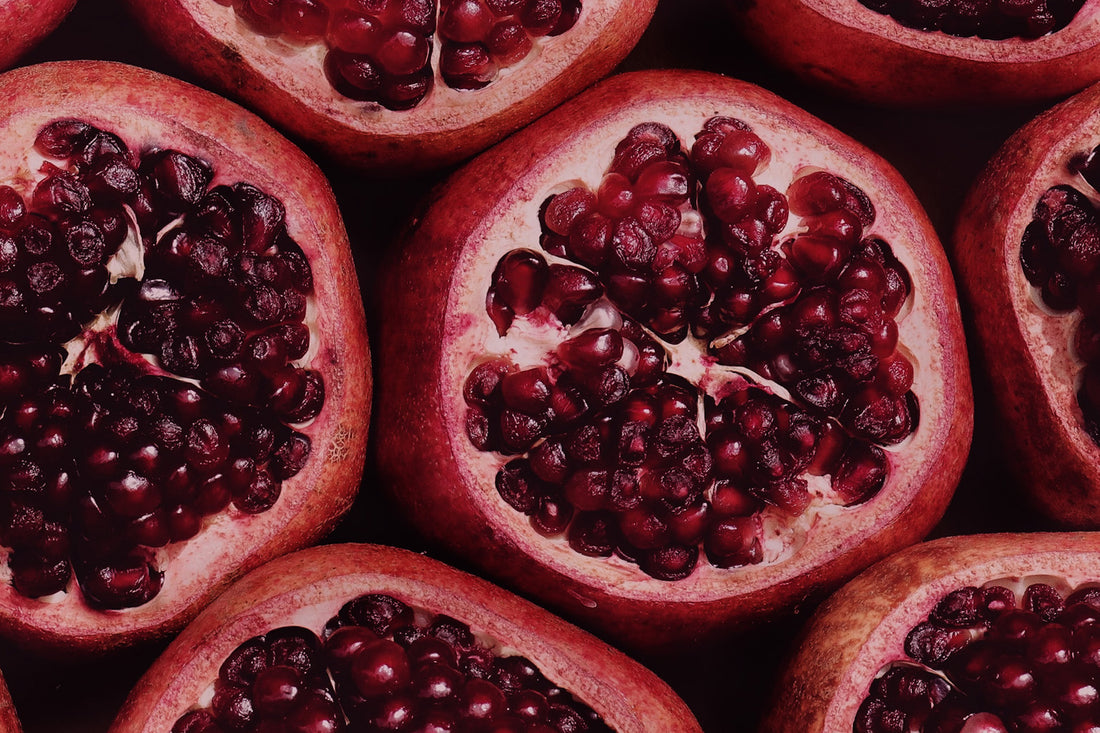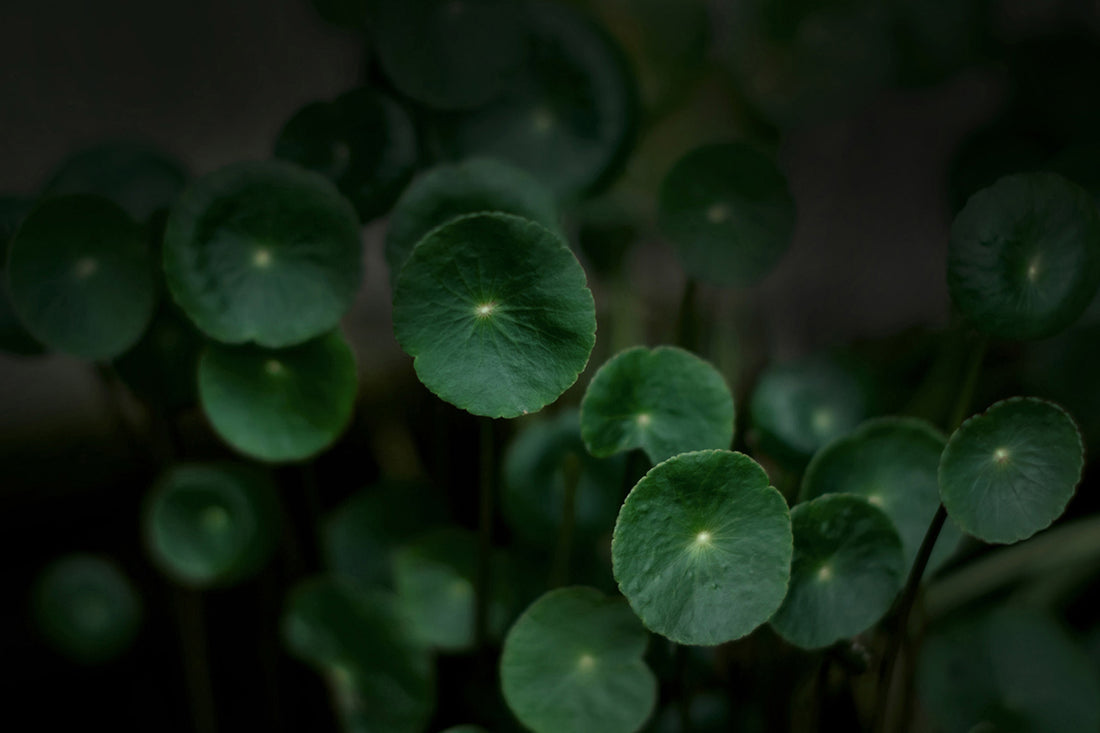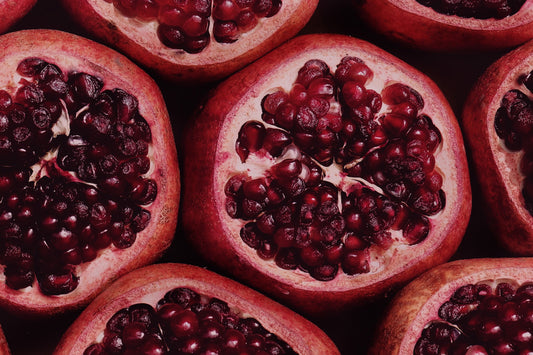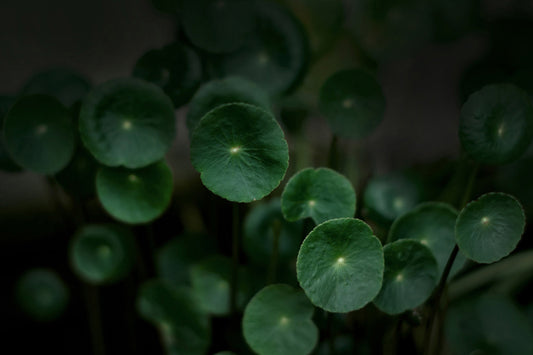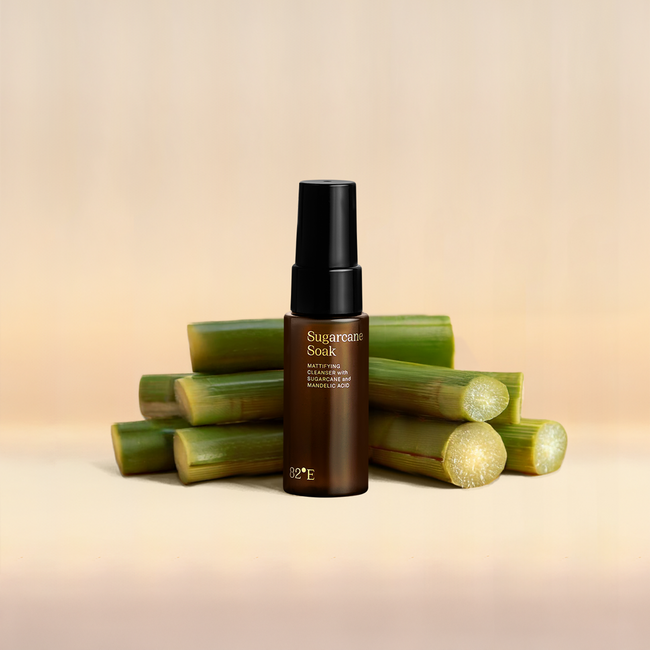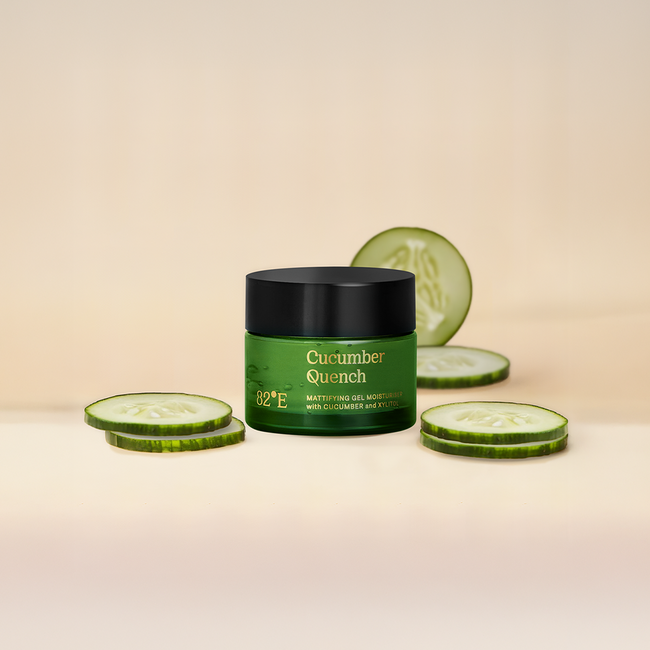
If excessive oil secretions on the surface of your skin hamper your efforts to care for it, you are not alone. Oily skin is a common condition affecting several individuals, right from their teenage years until well beyond the age of 60. If you have oily skin, your body’s sebaceous glands, responsible for producing an oily substance called sebum – the body’s natural moisturizer – are overly active, secreting excessive concentrations of this substance.
There may be several underlying causes of such excessive sebum secretion – genetic predisposition, unfavourable climatic conditions, an unhealthy diet, and hormonal imbalance being some of them. But did you know that using the wrong skincare products can also trigger or worsen this condition? So, if your skin type is oily, switching to a suitable skincare routine is half your battle won. Read on to learn more about the symptoms of oily skin and a comprehensive skincare routine for oily skin management.
Symptoms of Oily Skin
Greasy Skin Texture
Oily skin typically feels soft and greasy, even without the use of any moisturizing products. The sebaceous glands, which are actually meant to moisturize the skin and prevent dryness, secrete excessive sebum in the case of people prone to oily skin, leading to clogging of oil in the skin pores and perpetually greasy skin texture.
Excessive Blackheads and Whiteheads
Oily skin causes the pores of your skin to become more enlarged than required, increasing the accumulation of oil, bacteria, and dead skin in these pores. With time, due to such accumulation, blackheads and whiteheads begin appearing on the skin’s surface. So, blackheads and whiteheads on your face and neck may be signs that your skin type is oily.
Acne Formation
Similar to blackheads and whiteheads, acne forms when the skin’s hair follicles become clogged with oil and dead skin. Hence, people with oily skin are more likely to develop acne than those with other skin types.
Skin Dullness
Dead skin cells accumulated on the enlarged skin pores can cause your skin to look dull with time. Thus, oily skin may appear dull and lackluster, especially when one is not on a proper skincare routine suited to the oily skin type.
Shiny Skin Appearance
Due to excessive sebum secretion, one’s skin may appear shiny or glowing. This glow typically recedes immediately after cleansing but reappears after a few hours. Shiny skin appearance is a common sign of oily skin.
A Skincare Routine to Effectively Manage Oily Skin
Begin by Using a Mild, Oil-Balancing Cleanser
The first skincare routine step for oily skin is to cleanse your skin thoroughly. The American Academy of Dermatology recommends wetting the face with lukewarm water and applying cleanser with one’s fingertips for the best results. People with oily skin should opt for a gentle, oil-balancing cleanser, preferably one utilizing natural ingredients and devoid of artificial fragrances. Moreover, it is best to be as soft and gentle with your skin as possible while cleansing to avoid aggravating issues like acne and blackheads. Cleansing at least twice a day is the best bet for managing oily skin effectively.
Follow it up with a Revitalizing Toner
Toners help refresh the skin gently, removing accumulated dust particles without depleting its moisture content. A good-quality revitalizing toner serum with ingredients like niacinamide can help with reducing the size of enlarged skin pores and breakouts due to oily skin.
Use a Gentle Under-Eye Cream
A repairing under-eye cream with mild, natural ingredients is a good addition to your skincare routine, as the skin under your eyes is more sensitive than the rest of your facial skin and requires additional care. People with oily skin should specifically avoid eye creams and lotions with abrasive ingredients or synthetic fragrances, as these substances can irritate the skin further and trigger breakouts.
End with a Moisturizer
A common belief is that those with oily skin do not need moisturizers, as their skin is already soft and greasy. However, it is important to understand the difference between hydrated and oily skin. People of all skin types require hydration; moreover, people with oily skin are prone to acne and should ensure that their skin is well-hydrated to manage such symptoms. lightweight moisturizer works best for oily skin and helps lower sebum secretion while replenishing the skin.
Never Miss Sunscreen Protection
Using a soothing, broad-spectrum sunscreen is the final and indispensable aspect of your skincare routine during the day. It helps to incorporate it into your morning skincare routine and reapply it every 3-4 hours to protect from the sun’s harmful effects.
Exfoliate Regularly
Exfoliating the skin about twice a week with a gentle mask or exfoliating product can help unclog the skin’s pores and release accumulated oil and dead skin cells. It is best to cleanse your face thoroughly before applying a mask and leave it on for about 20 minutes before rinsing it off with warm water. Follow it up with a moisturizer and sunscreen if you are exfoliating during the day.
FAQs
Q. How do I choose skincare for oily skin?
A. Effective skincare for oily skin involves choosing products that do not contain harsh chemicals or synthetic fragrances, which can increase skin breakouts and worsen oily skin symptoms. Instead, choose products with simple yet effective ingredients that best integrate nature and science to soothe and replenish the skin. For example, a gentle, broad-spectrum sunscreen gel ensures that the skin’s pores are not clogged and helps manage acne better.
Q. What are the must-have skincare products for oily skin?
A. While each one’s skincare journey is personal, it is essential to incorporate certain types of skincare products into your routine to cleanse, hydrate, and protect oily skin:
- Sugarcane Soak: A gentle, oil-balancing cleanser to remove excessive sebum secretion and prevent the accumulation of dust particles and dead skin cells
- Cucumber Quench: A lightweight moisturizer to hydrate and replenish the skin
- Licorice Beam: A broad-spectrum, clear sunscreen gel (during the day) that does not leave a white cast on your skin and has a good SPF level to protect against harmful UV rays
- Manjishtha Mud: A mild exfoliating mask once or twice a week to remove additional oil and dust.
Q. Can I use sunscreen every day if I have oily skin?
A. Yes, it is essential to incorporate sunscreen into your morning skincare routine and reapply it every 2-3 hours to ensure optimal protection from the sun’s ultraviolet (UV) rays. To avoid patchy skin and clogging, use a clear sunscreen gel with antioxidant and hydrating properties.
Q. Is it important to maintain a healthy diet for oily skin?
A. Yes, a healthy, nutrient-rich diet is essential for good skin health. It is advisable to have foods rich in antioxidants, such as berries, nuts, cruciferous vegetables like kale and red cabbage, and beans, which can help reduce skin inflammation caused by oily skin. Moreover, incorporating plenty of fruits and vegetables in your diet is essential to hydrate your skin internally. Finally, there is no better way to hydrate your body than to have plenty of water every day.
